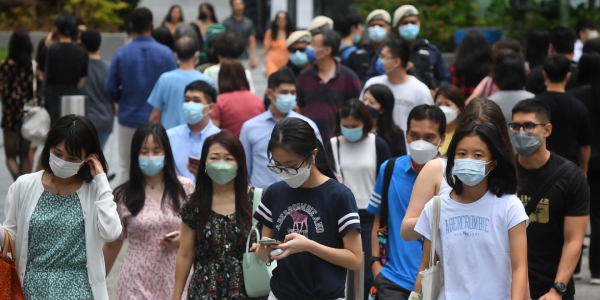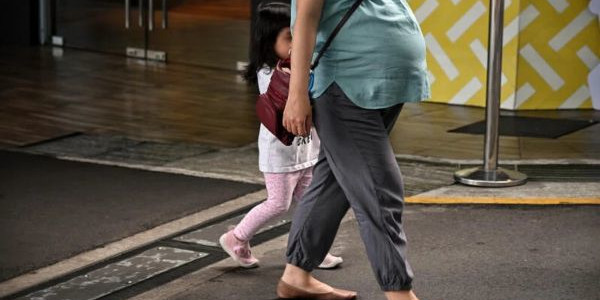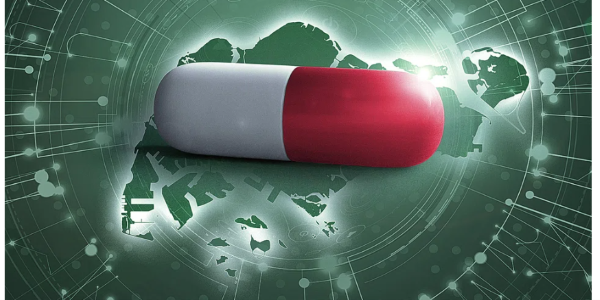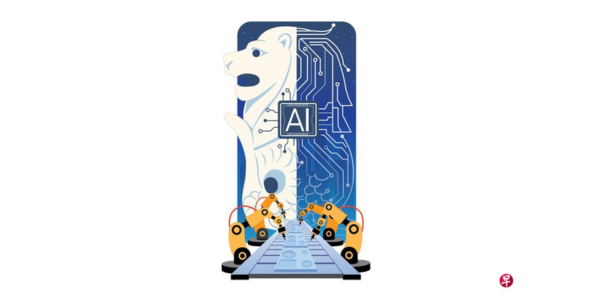Combatting Cancer: Why Singapore Needs A Shot In The Arm In Immune Cell Therapy
By Dr Li Qi-Jing, Senior Principal Scientist, IMCB

In January 2016, a deeply personal experience transformed my understanding of cancer treatment. My 75-year-old uncle, battling severe lymphoma, underwent a miraculous recovery after receiving an innovative immune cell therapy. Within just a month, his cancer had completely vanished and, to this day, has not returned.
This remarkable turnaround is mirrored in the work of Professor Dario Campana from the NUS Yong Loo Lin School of Medicine. Professor Campana's treatment, involving genetically modified T cells, provided a beacon of hope to ten patients with acute lymphoblastic leukaemia, a cancer unresponsive to conventional treatments like chemotherapy. Eight of these patients achieved remission, one for as long as 16 months. These successes culminated in a more extensive trial in 2019, involving 100 patients, marking a pivotal shift in the approach to cancer treatment.
To fully grasp the impact of immune cell therapy, it is crucial to understand the role of immune cells in our body. These cells, including T cells that attack infected or mutated cells, B cells responsible for antibody production, and natural killer (NK) cells adept at fighting cancer and viruses, form the cornerstone of our immune system's defense against diseases, including cancer.
The advancement of reprogramming a patient's immune cells to more effectively combat cancer underscores the transformative potential of this therapy. Immune cell therapies are showing promise in treating a spectrum of cancers, some of which, like adult leukaemia, lymphoma, and lung cancers, were previously considered intractable.
However, the high costs associated with the specialised infrastructure and advanced equipment required for these treatments underscore the urgent need for continued research and development, to make them more effective, accessible and affordable.
Overcoming obstacles in immune cell therapy to increase accessibility
As Singapore grapples with an aging population and a corresponding rise in cancer and chronic diseases, immune cell therapy and its potential for more effective cancer treatment should be a focus area for research.
To improve accessibility of these treatments, we must address several challenges. Precise, cancer-specific targeting in therapy is critical; any inaccuracy can lead to severe, potentially life-threatening outcomes. Additionally, effective cancer treatment often requires robust, healthy immune cells, which, unfortunately, many cancer patients lack.
Moreover, the current method of producing cell therapies is highly personalised, tailored to each patient's unique needs. While this approach can help enhance treatment efficacy, it also leads to substantial costs and logistical challenges. These include finding genetically suitable targets for diverse patients, and managing the complexities of distributing and storing of these specialised therapies. All these which pose a significant challenge to scaling up.
In response, teams at A*STAR’s Institute of Molecular and Cell Biology (IMCB) and the Singapore Network of Immunology (SIgN) are developing versatile platform technologies. These technologies are designed to cultivate immune cells with enhanced tumour-fighting abilities and establish a readily available cell bank.
The creation of a master cell bank eliminates the need to draw blood cells from individual patients, a crucial factor in achieving large-scale production and reducing costs. This success heavily relies on advancements in stem cell and cell engineering technologies. In addition to these efforts, we are also expanding our focus to improve the efficacy of T cell and NK cell therapies, particularly in treating solid tumours.
This strategy significantly reduces the time and costs associated with immune cell therapy, providing off-the-shelf convenience and industrial scalability. It will also improve affordability and accessibility for a broader patient base.
Harnessing collaborative research for advancing immune cell therapy
Our approach to elevating immune cell therapy hinges on collaborative research. By uniting the expertise of clinicians and scientists from A*STAR and other national institutions, we have the potential to create a competitive edge over the more isolated efforts of multinational corporations.
The collaboration between A*STAR spinoff Lion TCR, Singapore General Hospital (SGH), and Duke-NUS Medical School exemplifies this. Together, they have developed a targeted immune cell therapy for hepatitis B virus (HBV)-related hepatocellular carcinoma (HCC), a prevalent form of liver cancer. Lion TCR's innovative method, which modifies patients' T-cells to specifically target HBV-related cancer cells, addresses the unique challenges posed by this cancer, including impaired T-cell production and tumour genetic variation.
Following promising trials, Lion TCR initiated a study with SGH patients, set to conclude in July 2024, and is conducting an international trial to assess the treatment’s efficacy and side effects. In 2021, Lion TCR received clearance from the U.S. Food and Drug Administration (FDA) for its Investigational New Drug (IND) Application and Fast Track Designation for LioCyx-M004, a potential groundbreaking therapy for Hep B-related liver cancer.
Such research and development strides undergird the burgeoning biotech manufacturing sector in Singapore, highlighted by the recent opening of Biosyngen’s extensive manufacturing facility.
Designed for the global production of immunotherapy drugs, the facility features automated systems that cultivate high-quality T cells in a controlled and sterile environment. This development represents a significant boost to our economy, as well as a crucial advancement in Singapore's ability to deliver advanced cancer therapies far beyond our shores.
Reflecting on these advancements, my thoughts return to the personal story I shared at the beginning — my uncle's remarkable recovery. His journey, from battling severe lymphoma to remission, exemplifies the transformative power of immune cell therapy. This is no longer a solitary success story but a treatment option increasingly accessible to many.
As Singapore continues to invest and innovate in this field, we stand on the cusp of a major shift in cancer care, poised to make a significant impact both locally and globally.
A*STAR celebrates International Women's Day

From groundbreaking discoveries to cutting-edge research, our researchers are empowering the next generation of female science, technology, engineering and mathematics (STEM) leaders.
Get inspired by our #WomeninSTEM




